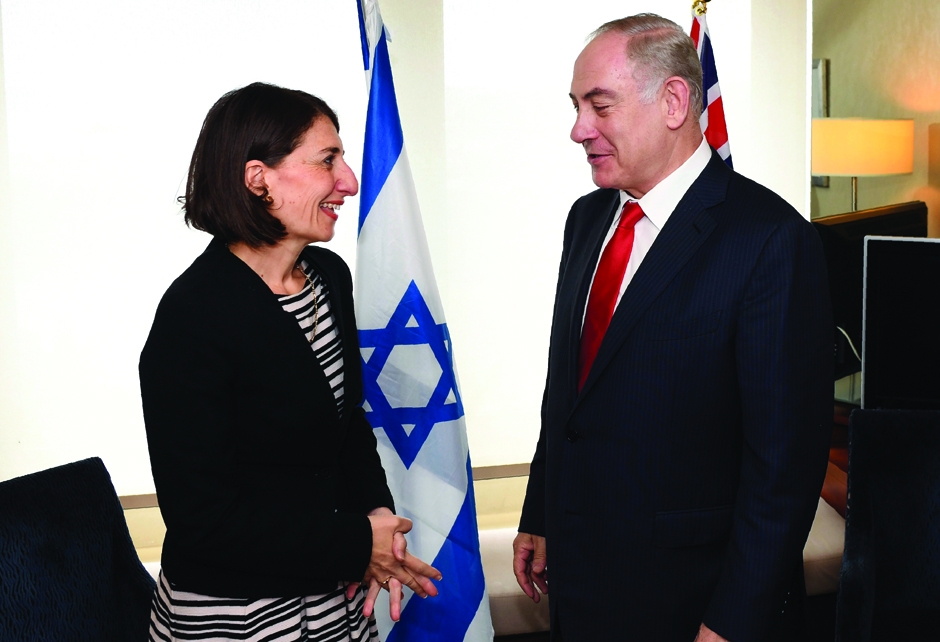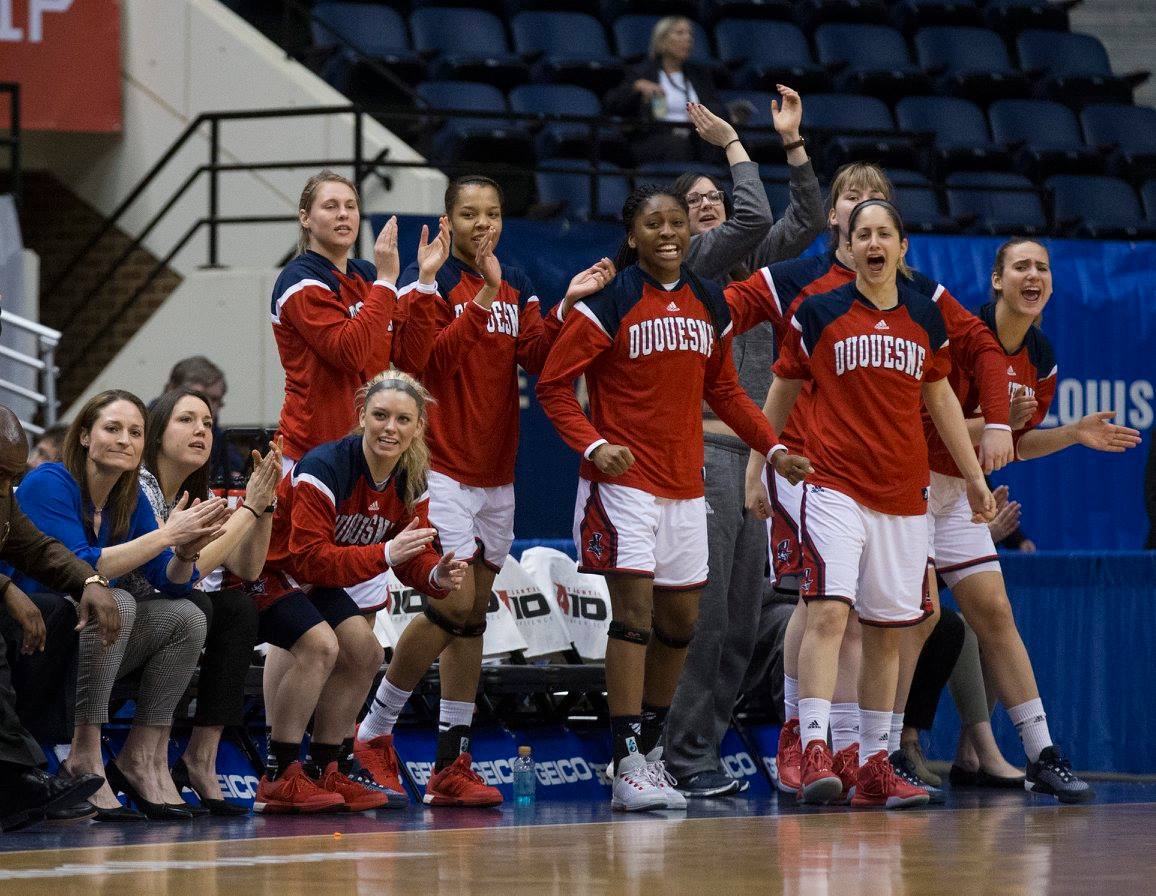
By David DeFelice | Contributor

During the past few weeks, I have seen a multitude of news reports in the media about growing anti-Semitism in the United States.
I distinctly remember the first time I personally experienced anti-Semitism. I was at a hookah bar, and the subject of geopolitics came up between the person on the couch across from me and my friends. After an hour or so of heated conversation, the person whom I was in discussion with gave me their opinion of Jews.
They described all Jews as terrorists, greedy and oppressive people. I left hurt and saddened at this portrayal of Jewish people, of me. I started thinking the next day about that conversation, and the underlying theme I picked up on was the state of Israel. This person was actively portraying the state of Israel, the Jewish homeland, as an oppressive regime aimed at terrorism, along with other derogatory caricatures.
On the contrary, the state of Israel was established in order to fight against anti-Semitism. In re-establishing a sovereign nation in our ancestral homeland, the Jewish people have, through Israel, only wanted to live out our national destiny as other people have, free of the laws and limitations imposed on us in our long diaspora. This past winter I had the opportunity to visit Israel on birthright, and not only was it the most culturally-enriching 10 days of my life, but I established my identity as a Jew.
As I went to the Kotel, the Western Wall, a man welcomed me as I was about to pray, and upon my exiting, asked where I was from. I replied that I was from the United States, and he looked at me and uttered the words, “Welcome home.” Those words made me proud to be Jewish in a country that felt peaceful to me, even though the Middle East is far from peaceful. My experience in Israel showed me the complexity of the conflict and the struggles for security. The friendships I made with Israeli members of the Israeli Defense Forces gave me insight on how personal the struggle is for peace and why they fight so hard.
Their stories showed me that I should never apologize for being Jewish, I should not shy away from talking about Israel and, most importantly, that I should be proud of who I am.
As I see hatred for Jewish people flourish once again in the United States, I can’t help but feel the same pain I felt that night at the hookah bar. The bomb threats at Jewish Community Centers and vandalism at Jewish cemeteries brings about fear in the Jewish community. I have started to ask myself questions like, “Is it safe to go to synagogue?” or, “Can I wear my kippah out in public?” When people think anti-Semitism, they think the Holocaust (Shoah), but anti-Semitism has always existed. Hate for the Jewish people has been around since the beginning of time, from slavery in Egypt to pogroms in the Middle Ages. Prejudice against Jews has taken on many forms in our world.
As a Duquesne community what can we do? For one, Jewish students need to know that just because we are a Catholic institution there is still a population of Jews on campus and all are welcome to join the Jewish Students Organization.
Second, engaging in a dialogue with people who are different in race, ethnicity and religion will deepen anyone’s understanding of the world around them.
Third, no one can shy away from difficult conversations. On so many college campuses, pro-Palestine groups protest supporters of Israel and vice-versa. When one’s viewpoint is challenged, it is necessary to hear the other side out. Not just letting one side talk and then you speak, but actually listening to what the other person has to say.
Finally, understanding where other people are coming from needs to be a priority for all. Something I think the person at the hookah bar really missed was what the Jewish people are all about. Breaking the bonds of slavery is a central theme to our narrative, engaging in discussions where everyone disagrees is really just a typical conversation amongst Jews and repairing the world (tikkun olam) is what many Jews strive for in life. While in Israel, I heard the stories of sacrifice and agony, of lost loved ones and anguish. But through it all, I saw some of the proudest people I have ever seen, and I made it my goal to go home and be the proudest Jew I could be.
Anti-Semitism aims at terrorizing Jews and making us feel ashamed for who we are, but we can’t let these bad actors have that pleasure. I am a proud Jew, and I will not apologize for it.
As Ivanka Trump said in a tweet last week, “America is a nation built on the principle of religious tolerance. We must protect our houses of worship and religious centers.”


